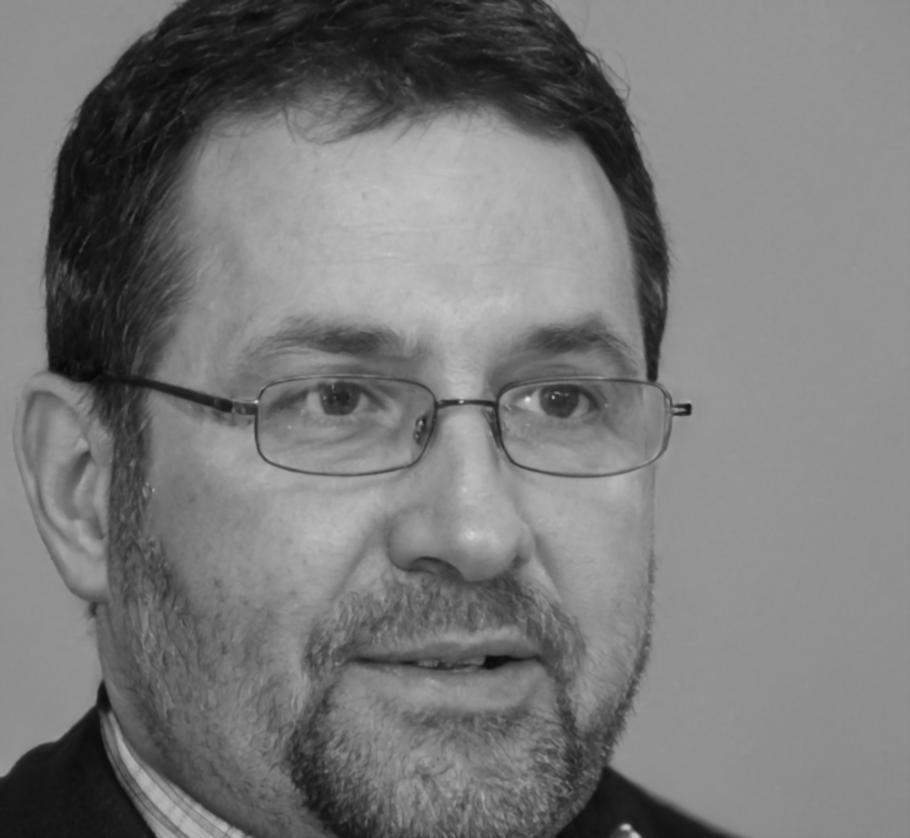Build Financial Confidence Through Practice
Our programs start in autumn 2025. You'll work through real scenarios, learn from mistakes in a safe environment, and develop practical skills for economic planning. No quick fixes—just steady progress.
Schedule a Conversation
Three Learning Paths
We run small groups because economic planning is personal. Each program adapts to how you actually learn, not how textbooks say you should.
Foundation Track
Start with budgeting fundamentals and basic forecasting. You'll analyze sample households, spot common mistakes, and build your own planning templates. Good for career changers or recent graduates.
12 weeks • Evening sessions • Starts October 2025
Applied Strategy
Work with actual case studies from Vietnam's market. You'll handle investment scenarios, risk assessment, and long-term planning challenges. Designed for finance professionals expanding their skill set.
16 weeks • Mixed format • Starts September 2025
Business Integration
Connect financial planning with operations. Learn how small businesses in Thanh Hóa manage cash flow, prepare for expansion, and weather economic shifts. Real problems, practical solutions.
20 weeks • Project-based • Starts November 2025

Minh Tran
Spent fifteen years helping local businesses survive market changes. Now teaches the same assessment methods he used in consulting. Direct feedback, no corporate jargon.

Linh Nguyen
Focuses on household economics and personal budgeting. Her students learn by working through messy, incomplete data—the kind you actually face when starting out in financial advising.

Hanh Pham
Worked in risk management before switching to education. She brings investment scenarios from Southeast Asian markets and walks you through analysis step by step.
How Sessions Actually Work
Forget lecture halls. Our programs mix solo work, peer review, and guided problem-solving. You'll spend more time analyzing cases than listening to presentations. And when something doesn't click, we adjust the approach—because everyone processes financial concepts differently.
Initial Assessment
We start by figuring out what you already know and where gaps exist. Takes about two weeks. You'll review sample plans, identify what works and what doesn't, and set personal learning goals based on real skill needs.
Guided Practice
The middle phase is hands-on. You'll get messy data sets, incomplete information, conflicting priorities—all the stuff that happens in actual client work. Instructors circulate, answer questions, and push you to justify your decisions.
Peer Collaboration
Small groups tackle complex scenarios together. One person's blind spot often matches another's strength. You'll critique each other's work, compare methods, and learn that there's rarely one "correct" solution in financial planning.
Project Completion
Final weeks focus on building something you can show prospective employers or clients—a complete financial analysis, a planning framework, or a risk assessment model. We review it together, spot weaknesses, and help you improve.